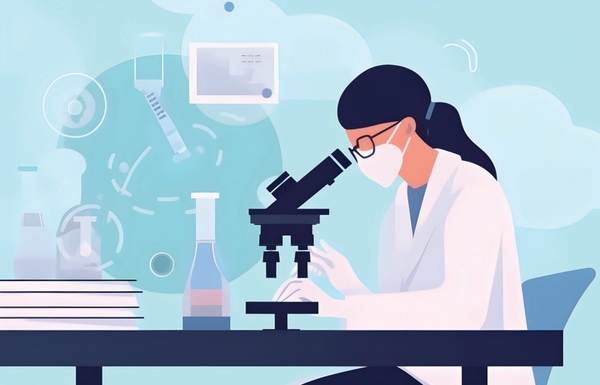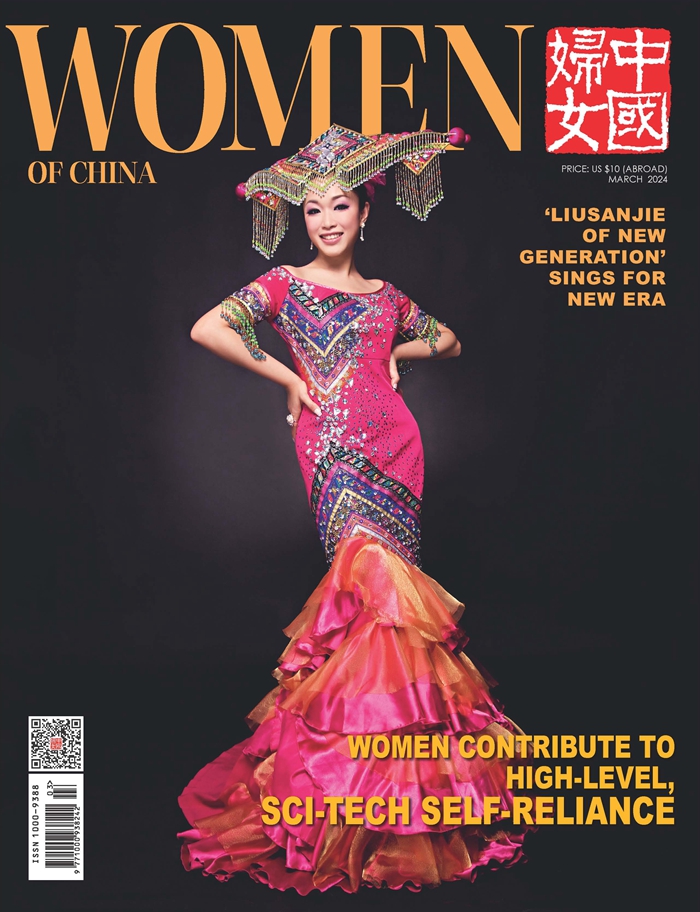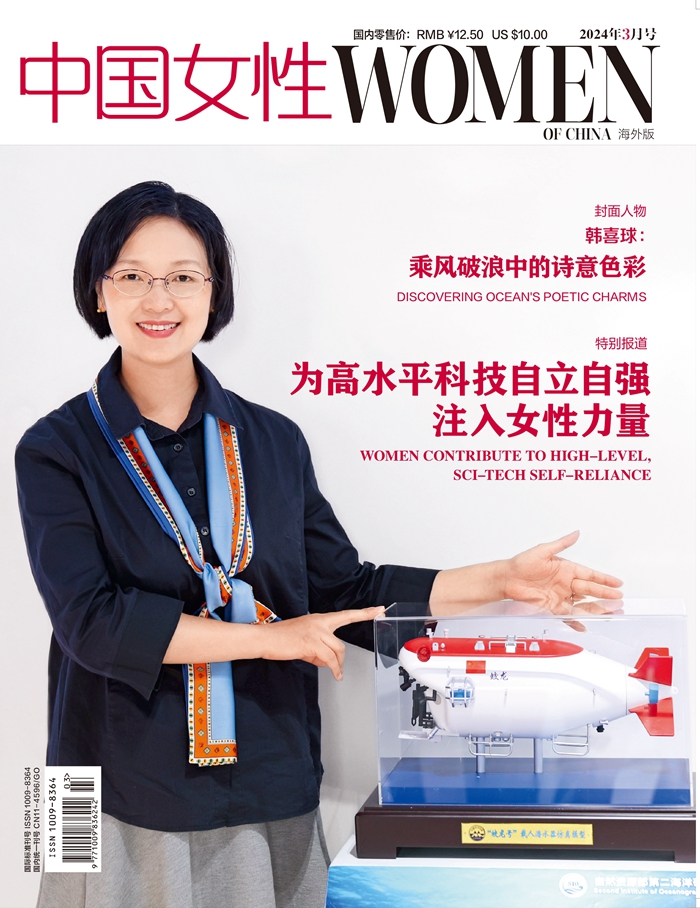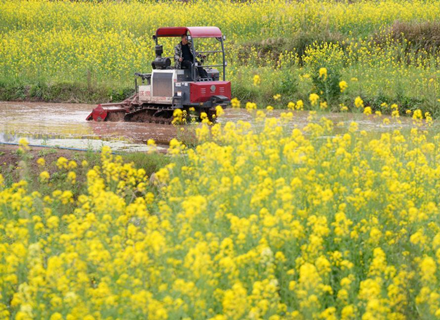Six Women Elected Members of CAS, CAE
 |
| [VCG] |
The Chinese Academy of Sciences (CAS) and the Chinese Academy of Engineering (CAE), on November 22, unveiled their respective lists of academicians elected in 2023. The CAS elected 59 academicians, including five women, while CAE elected 74 academicians, including a woman scientist. The average age of the six newly elected women academicians is 55.2, with the minimum age being 45 and the maximum age being 68.
The women have scored remarkable achievements in various disciplines, including mathematics, physics, chemistry, life sciences and medical sciences, technological sciences and agriculture.
Zhang Yongying, Vice-President of the Women's Studies Institute of China, under the All-China Women's Federation (ACWF), recently told media the average age of the newly elected women academicians was 2.9 years younger than that of the women academicians elected in 2021. She also mentioned two of the 10 academicians (elected by CAS this year), who are mathematicians or physicists, are women. The other newly elected women academicians are outstanding talents in various disciplines, including nanotechnology and life sciences. The elections of the women help showcase women scientists' significant contributions to the promotion of key research areas and basic disciplines.
The latest statistics issued by China Women's Association for Science and Technology indicate China has more than 40 million women scientific and technological personnel, who account for about 45.8 percent of the scientific and technological workers in China.
Measures aimed at supporting women scientific and technological workers in playing greater roles in scientific and technological innovation were promulgated by 13 organizations (including the Ministry of Science and Technology and ACWF) in July 2021. The measures stipulate, during the 14th Five-year Plan Period (2021-2025), and onwards, China should stick to the fundamental national policy of gender equality, effectively ensuring women receive equal job opportunities. The measures also stress greater efforts should be made to create a more favorable environment, to promote women scientific and technological workers' development.
To cultivate more, cutting-edge women scientific and technological talents, Zhang suggested relevant departments should provide more supportive measures to promote the development of women scientific and technical personnel. For example, women-oriented research projects should be established in the National Key R&D (Research and Development) Program of China, and age restrictions for women applicants to various national scientific research projects should be relaxed. Zhang also suggested scientific-research institutes should be encouraged to provide aid to women researchers, so they will have an easier time continuing to work after they give birth. Zhang also called for more outstanding women scientists to be nominated candidates for academicians of CAS or CAE, and suggested the academies should prioritize the election of women academicians, especially when compared with men candidates with similar qualifications.
(Women of China English Monthly December 2023 issue)
Please understand that womenofchina.cn,a non-profit, information-communication website, cannot reach every writer before using articles and images. For copyright issues, please contact us by emailing: website@womenofchina.cn. The articles published and opinions expressed on this website represent the opinions of writers and are not necessarily shared by womenofchina.cn.








 WeChat
WeChat Weibo
Weibo 京公网安备 11010102004314号
京公网安备 11010102004314号